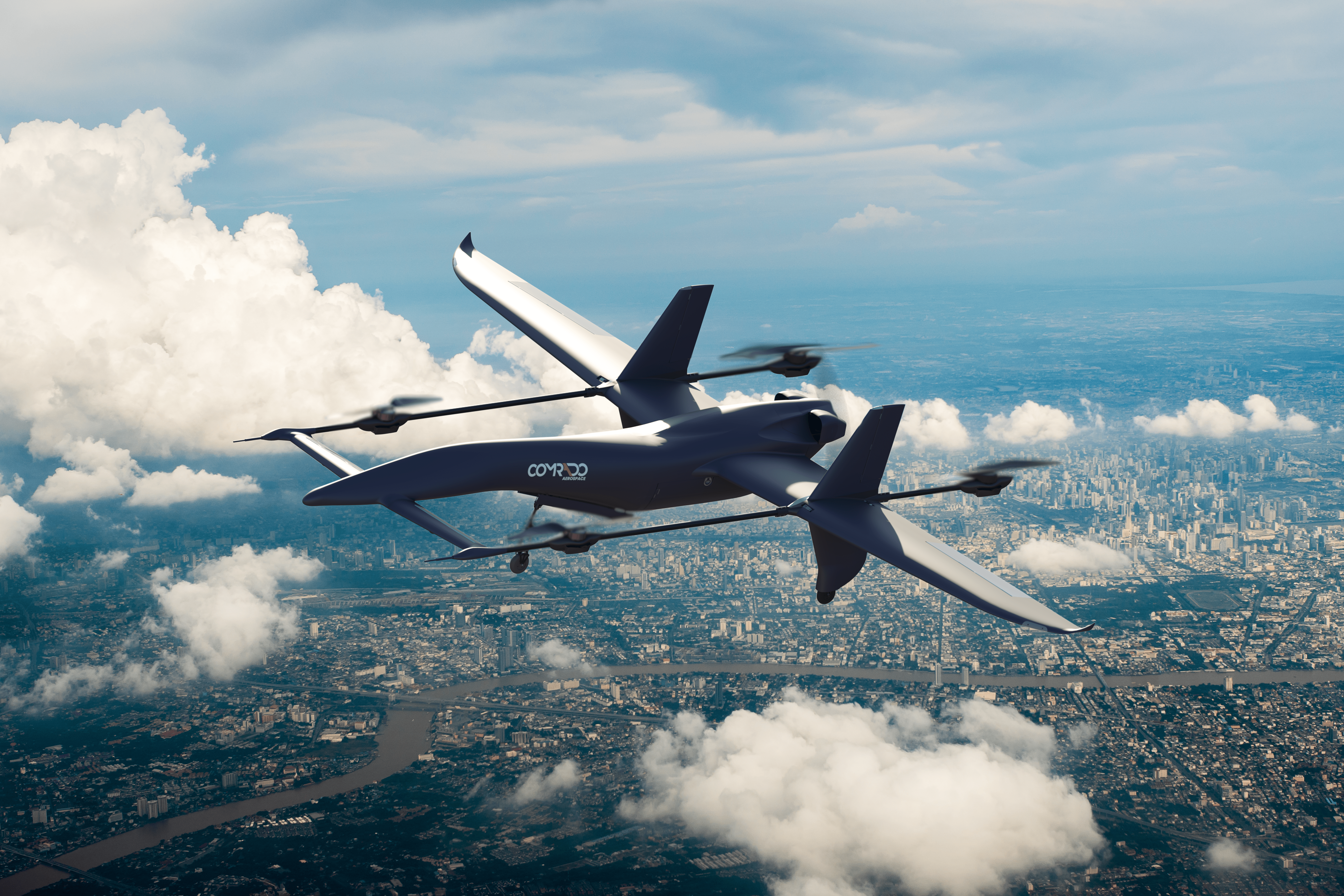Job Context/Purpose
As an Testing & Integration Engineer specializing in the UAV (Unmanned Aerial Vehicle) domain, your primary responsibility will be electrical & electronic designing test jigs and integrate sensors and microcontrollers for data acquisition and storage. You will also contribute to firmware development to ensure seamless integration with the hardware. You will collaborate with cross-functional teams, including software engineers, avionics experts, and product designers, to understand the test requirements. Additionally, you will carry out avionics’ integration on UAVs (fixed wing & multi-rotor) .
Key Responsibilities
• Test Platform Development: Design and build test jigs for BLDC motor performance evaluation. Integrate and calibrate sensors with Atmel/STM-based microcontrollers.
• Firmware Development: Create and optimize firmware for sensor integration, real-time operations, and data logging. Collaborate on low-level drivers and system-level firmware for UAV applications.
• Testing & Validation: Conduct in-house and field tests of communication devices, sensors, and UAV systems. Perform performance, environmental, and compliance testing to ensure reliability and safety.
• Sensor Integration: Program and verify sensor communication within UAV systems, analyze outputs, and resolve discrepancies.
• Documentation & Support: Prepare detailed test reports and provide technical support to engineering and manufacturing teams.
• Collaboration: Work closely with software, avionics, and flight mechanics teams, communicating progress and technical insights effectively.
Required Skills
• Experience in UAV sensor integration and embedded hardware systems.
• Strong knowledge of digital and analog circuit design for UAV applications.
• Proficiency in HDL (VHDL/Verilog) and microcontroller architectures (ARM Cortex, PIC, AVR).
• Skilled in embedded firmware development (C/C++) and RTOS for UAV operations.
• Understanding of UAV communication protocols (UAVCAN, MAVLink) and interface standards.
• Proficient with test and measurement tools (oscilloscope, logic analyzer, multimeter).
• Familiar with schematic capture and PCB layout tools (Altium, Eagle, OrCAD).
• Strong analytical, problem-solving, and communication skills.
Educational Qualifications
Bachelor's or Master's degree, preferably in Electronics Engineering, Electrical Engineering, Electrical & Electronics Engineering or a related field.






